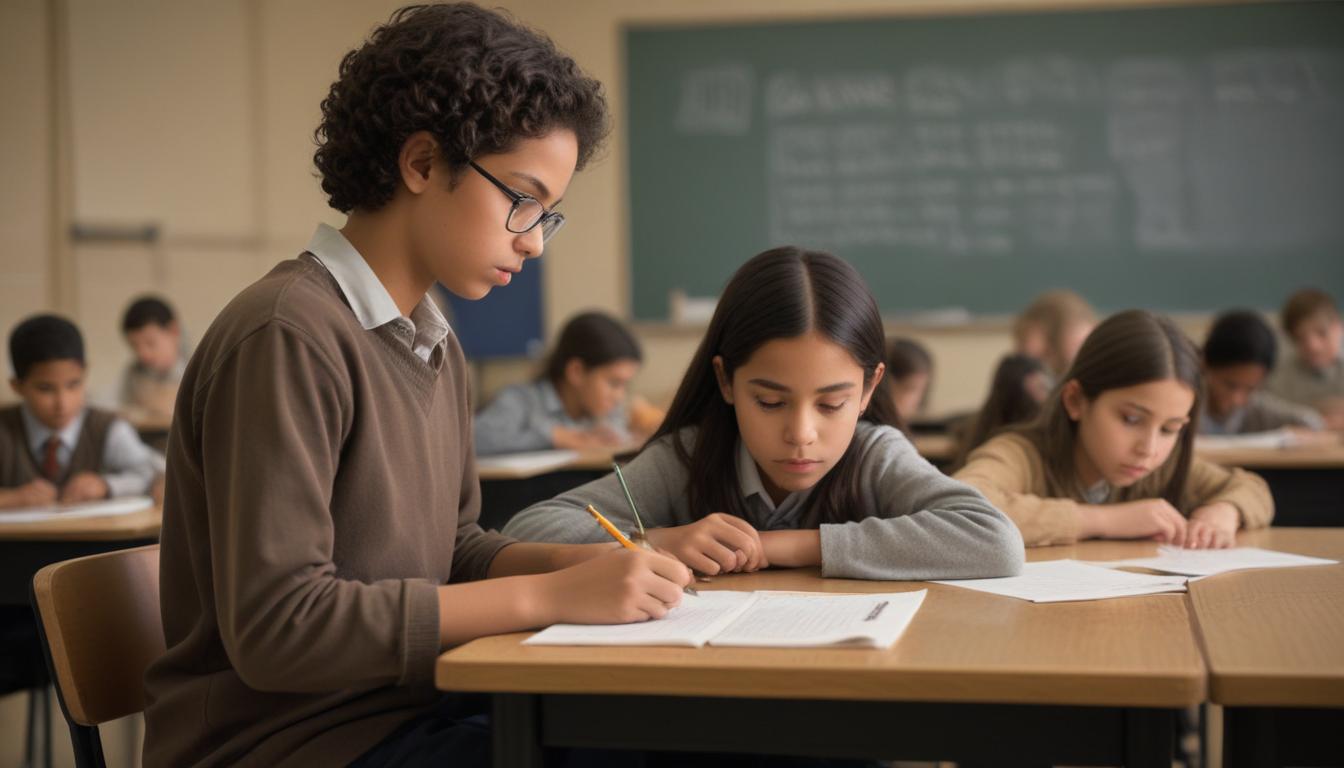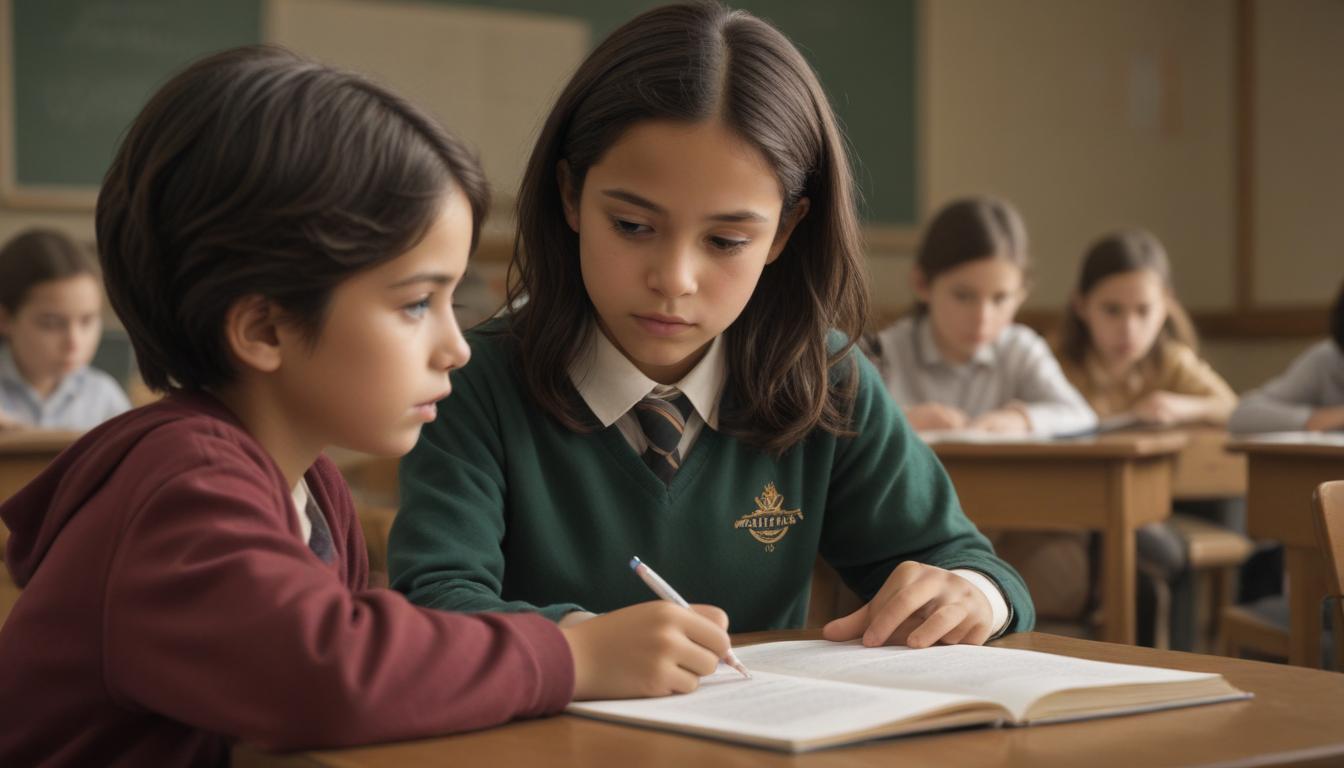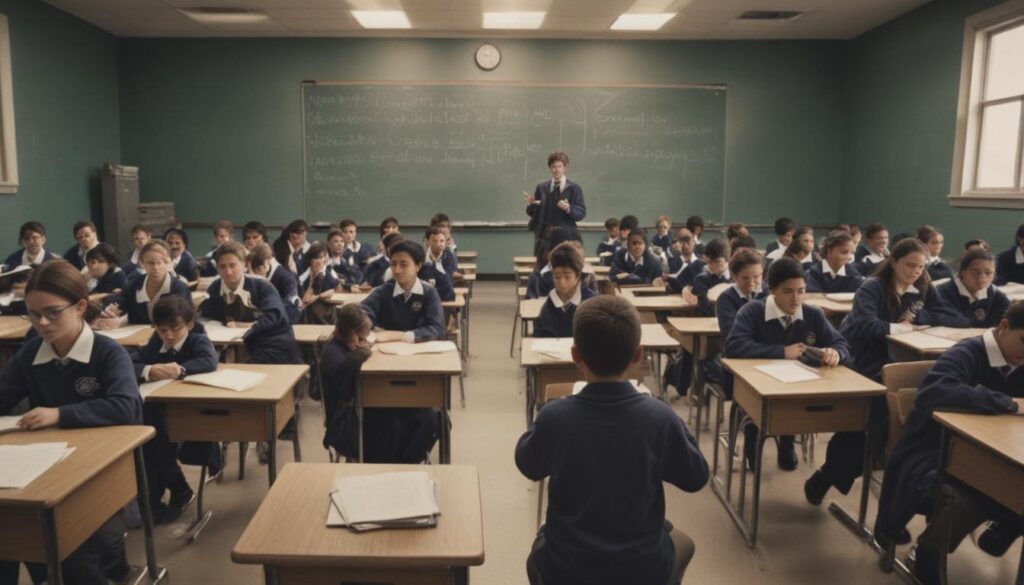Now Reading: Critical Thinking The Key to Student Success
- 01
Critical Thinking The Key to Student Success
Critical Thinking The Key to Student Success

Beyond the Books The Unseen Power of Critical Thinking in Education
Are you concerned that today’s education system is just teaching students to memorize facts for a test? In a world overflowing with information, misinformation, and complex challenges, the ability to simply recall dates or formulas is no longer enough. Many parents and educators worry that students are learning what to think, but not how to think, leaving them unprepared for the realities of college, the workplace, and modern life. The solution isn’t more information; it’s a new framework for processing that information. This is where critical thinking comes in—it’s the essential skill that transforms students from passive recipients of knowledge into active, engaged, and capable thinkers.
This approach moves beyond rote learning and empowers students with the tools to analyze, question, and innovate. By embedding critical thinking into the core of education, we are not just preparing them for exams; we are equipping them for life. It is the key to unlocking their true intellectual potential, fostering resilience, and building a foundation for lifelong success in a world that is constantly changing.
What Exactly Is Critical Thinking
Critical thinking is often discussed, but what does it actually mean in a practical sense? At its heart, critical thinking is the objective analysis and evaluation of an issue in order to form a judgment. It’s a disciplined process of actively and skillfully conceptualizing, applying, analyzing, and evaluating information. It’s the difference between a student who can recite a historical date and a student who can explain the social, political, and economic forces that led to the event on that date, and how it impacts our world today. It involves seeing the bigger picture and understanding the connections between ideas.
This skill set is the direct opposite of rote memorization, which relies on repetition to store information. While memorization has its place for foundational knowledge, it is a limited tool. Critical thinking, on the other hand, is a dynamic process. It encourages students to become intellectual detectives. They learn to identify arguments, look for evidence, recognize biases, consider different viewpoints, and draw well-reasoned conclusions. It’s about building a mental toolkit for dismantling problems and ideas to understand how they work, rather than just accepting them at face value.

The Core Benefits of Fostering Critical Thinkers
Integrating critical thinking into education yields profound and lasting benefits that extend far beyond the classroom walls. It fundamentally changes how students approach challenges and information, preparing them not just for their next test, but for the complex decisions they will face throughout their lives. This skill is the bedrock of innovation, leadership, and responsible citizenship.
Building Future Ready Problem Solvers
In the modern economy, employers consistently rank problem-solving and critical thinking as the most sought-after skills. The jobs of the future will require individuals who can navigate unforeseen challenges, adapt to new technologies, and devise creative solutions to complex problems. An education rooted in critical thinking directly prepares students for this reality. It teaches them to break down problems into manageable parts, assess potential solutions, and make informed decisions, rather than waiting for instructions.
This ability transcends the professional sphere. A student equipped with critical thinking skills is better prepared to manage personal finances, make informed healthcare decisions, and resolve interpersonal conflicts. They learn to approach life’s obstacles not as insurmountable barriers, but as puzzles to be solved. They develop the confidence and intellectual agility to handle ambiguity and complexity, which are defining characteristics of the 21st century.
Navigating an Information Saturated World
We live in an age of unprecedented access to information, but also rampant misinformation. The internet, social media, and a 24-hour news cycle bombard us with content from every angle. Without critical thinking, it is nearly impossible to distinguish credible sources from propaganda, or well-reasoned arguments from emotional appeals. Teaching critical thinking gives students a built-in “fact-checker” and a powerful filter to process the world around them.
This skill fosters intellectual independence. It empowers students to question what they read, hear, and see, and to form their own informed opinions rather than passively absorbing the views of others. They learn to identify bias, evaluate evidence, and understand the context behind a claim. This not only protects them from manipulation but also cultivates a healthy skepticism and a genuine curiosity that fuels lifelong learning. It is the essential defense for a free-thinking and informed citizenry.





































